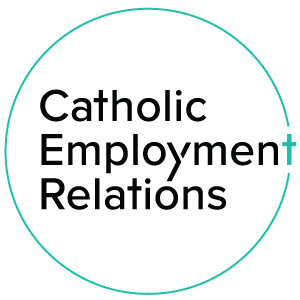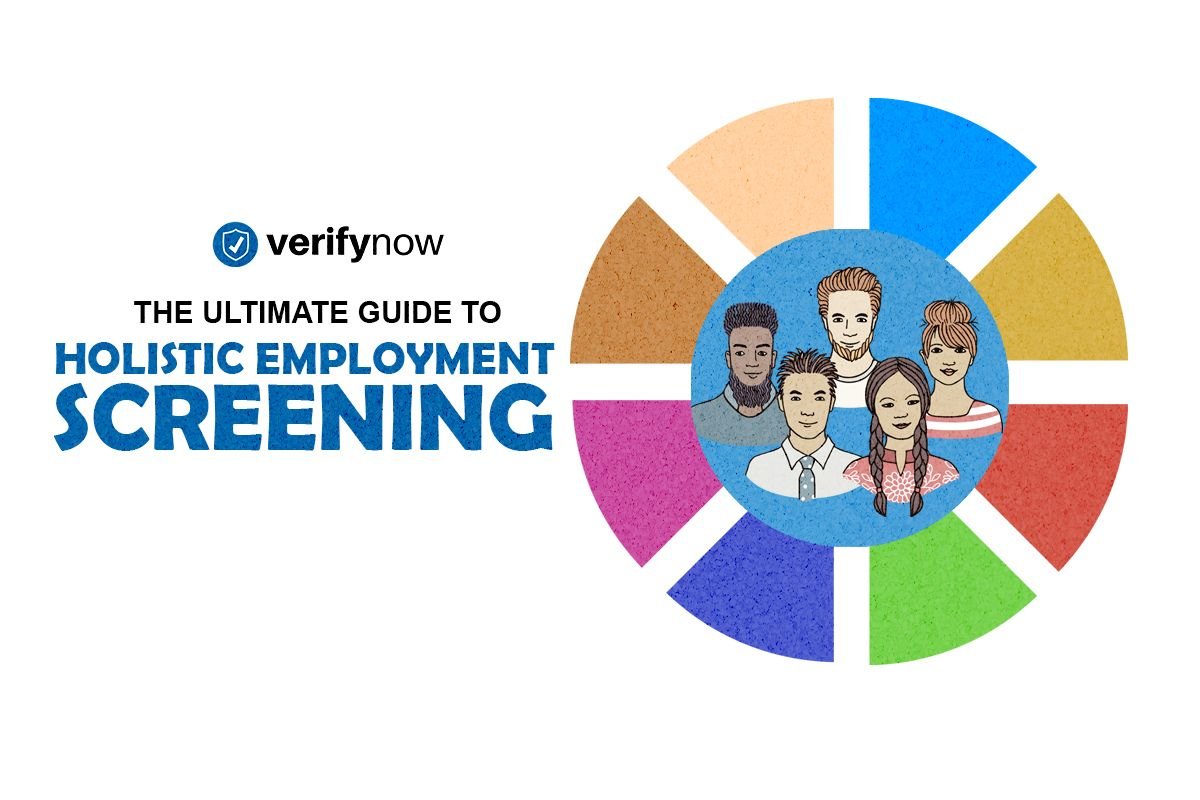
Stay up to date
Switching off - understanding the new right to disconnect
Starting August 26, 2024, employees in Australia will have a new legal right to disconnect from work-related contact outside of working hours. Under Section 333M of the Fair Work Act 2009, employees can refuse to respond to after-hours messages from employers. This change is aimed at improving work-life balance. Learn how these new rights will impact your organisation.
Managing underperformance in the workplace
Managing underperformance in the workplace involves clear communication of responsibilities, accurate identification of performance issues, and supportive consultation with employees. Proactively managing underperformance fosters a culture of continuous improvement, enhancing productivity and organisational success.
Fair Work Commission announces 3.75% wage increase
Fair Work Commission announces 3.75% wage increase - National Minimum Wage and modern award minimum wages. To address gender undervaluation, including in the areas of early childhood education, disability home care, and social and community services.
Demystifying reasonable management action
Reasonable management action must be lawful, proportionate, procedurally fair, transparent and justified. It includes actions like performance management and disciplinary measures. Proper application of these principles helps reduce legal risks, such as claims for psychological injury and unfair dismissal and can lower staff turnover.
Navigating the Respect at Work Act changes
The Anti-Discrimination and Human Rights Legislation Amendment (Respect at Work) Act 2022 (Cth) (Respect at Work Act) was introduced to implement six recommendations from the Respect@Work Report
December 6 deadline for contract changes
Fixed term contracts (including maximum term and temporary contracts), entered into on or after 6 December 2023, are limited to a maximum period of two years and/or one renewal, including previous periods of employment, unless limited exceptions apply.
Catholic Employment Relations to be integrated with Catholic Schools NSW to enhance services for Catholic employers
CER will soon be integrated into Catholic Schools NSW (CSNSW), joining the Legal and Risk team, and marking the end of the CER entity. The merger aims to better meet the employment law needs of Catholic organisations in education, social services and religious sectors.
Maximising employee potential
Learn how to effectively manage performance issues with employees, from distinguishing between underperformance and misconduct to implementing performance improvement plans for better results.
Demystifying reasonable additional hours
This article explores the concept of reasonable additional hours under the Fair Work Act, covering the rights of employees to refuse such hours and the corresponding compensation. It delves into considerations for determining reasonableness, payment obligations, and potential future changes regarding the "right to disconnect" outside of work hours.
Attention Employers: Increases to the National Minimum Wage and Modern Award pay rates
Effective from 1 July 2023, the Fair Work Commission has announced a 5.75% increase in the National Minimum Wage and Modern Award pay rates, with the NMW actually increasing by 8.6%. Ensure that your award-covered employees' wages reflect the new pay increase and stay compliant with the updated regulations.
CER update - case note – Teacher accused of s*x with student
A recent decision by the Industrial Relations Commission highlights the challenges schools face when dealing with child protection and fairness to employees accused of serious misconduct. This article explores a case involving a male teacher in NSW who was dismissed for alleged sexual misconduct involving a student. CER can assist with advice and representation.
Constructive conversations and feedback
Learn how to navigate difficult conversations and provide constructive feedback in the workplace to avoid negative consequences such as resentment, low morale and decreased productivity. Reframing difficult conversations as constructive conversations promotes curiosity, understanding and resolution. Creating a psychologically safe workplace environment, characterised by warmth, vulnerability and open dialogue, fosters confidence and enhances communication skills, leading to a more productive and engaged team.
CER update - Understand your obligations in relation to flexible working
There are amendments to flexible working arrangements and unpaid parental leave extensions, which will come into effect on 6 June 2023. Employers must be aware of their new obligations and requirements and take action to review and update their practices and policies to ensure compliance with the amendments. This article details the actions that employers should take to prepare for the new requirements.
Pre-Shift work – what is it and when do employees need to be paid for it?
In this article recent decisions relating to ‘shift-work’ are explored emphasising the importance for employers to accurately evaluate what constitutes 'time worked' to avoid potential legal disputes and underpayment claims. It provides practical tips for employers to ensure compliance with pay-related obligations and provides guidance on determining whether pre-work activities should be considered 'work' and thus require payment.
Directing employees to work public holidays
The Full Federal Court of Australia has made a significant decision regarding the right of employers to require their employees to work on public holidays. The court ruled that employers are not allowed to direct employees to work on public holidays but must instead make a reasonable request and consider the factors listed in Section 114(4) of the Fair Work Act. This decision may cause difficulties for employers who rely on rostering in advance, particularly those covered by the Social, Community, Home Care and Disability Services Industry Award 2010.
When is an overtime request considered unreasonable?
Employers are responsible for ensuring that the overtime they request is reasonable and that employees are not being asked to work excessive or unreasonable hours. If you are concerned that the overtime you are asking your employees to work is unreasonable or are unsure of award rates, you can seek advice from our expert employment lawyers, contact us.
Workplace bullying - a case study example
This case serves as a clear message to employers and organisations that an employee who has suffered psychological injury from bullying and harassment, can recover Fair Work compensation in addition to damages for psychological and or physical injuries.
The Respect@Work Bill and what it means for employers
The Anti-Discrimination and Human Rights Legislation Amendment (Respect at Work) Bill 2022 (the Bill) has been introduced to Parliament this week.
Managing psychosocial hazards in the workplace
The recent amendment made to the Work Health and Safety Regulation 2017 (NSW) by the Work Health and Safety Amendment Regulation 2022 (NSW) imposes an explicit obligation on persons conducting a business or undertaking (PCBUs) to manage and control psychosocial risks in the workplace, from 1 October 2022.
The Ultimate Guide to Holistic Employment Screening
Read CER’s trusted employment screening partner VerifyNow’s guide to background screening options and the benefits these can bring as part of your hiring process.
Check out our resources

Contact us today
We look forward to helping you and your workplace. Get in touch today.





















